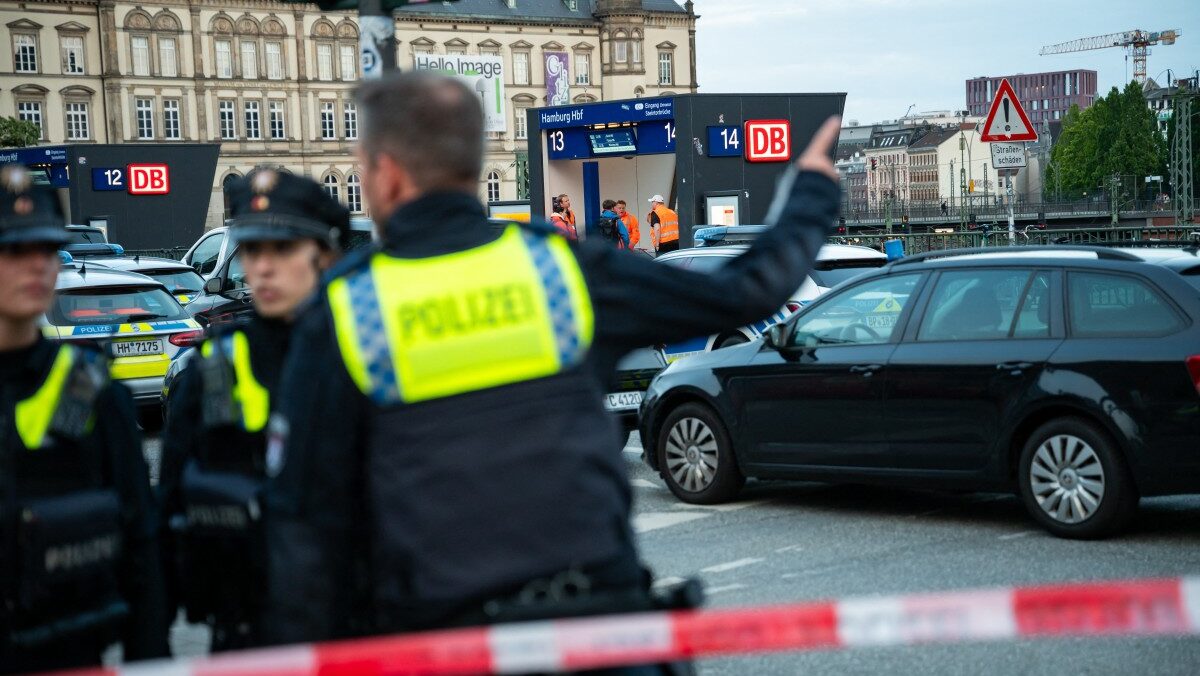Germany is grappling with a surge in violent crime, particularly group rapes—and it’s not the Germans getting more prone to commit crimes. The rising share of foreign suspects—up from 34% in 2010 to 51% in 2024—highlights the failed integration policies of Germany and the inability of certain migrant groups to coexist in an environment culturally different from their own.
According to figures released by the Bundestag, last year saw a record number of 1,011 suspects linked to group rape cases—more than double the number reported in 2013. Fifty-one percent of those suspects were non-German nationals, continuing a trend that has intensified since 2010.
The five most common countries of origin among non-German suspects remain unchanged since 2022: Syria, Afghanistan, Iraq, Turkey, and Germany itself.
In an interview with Welt, German-Swiss forensic psychiatrist Frank Urbaniok, author of Schattenseiten der Migration: Zahlen, Fakten, Lösungen (The Dark Side of Migration: Figures, Facts, Solutions), warned that certain cultural backgrounds significantly influence an individual’s propensity to commit violent or sexual crimes—even among those who appear well-integrated.
According to Urbaniok:
These cultural imprints are long-lasting, they are persistent. That doesn’t mean that all people who come from a region have a criminal tendency. But if you imagine that they come from an area where, for example, extremist religious ideas are widespread, then it is quite plausible and understandable that many people will come who have extremist religious ideas, which can then also lead to an increased willingness to use violence.
Citing his own crime data analysis, Urbaniok pointed out that Afghans are over 700% more likely to be suspects in cases of grievous bodily harm, while Gambian nationals are over 2,000% more likely to be involved in sexual offenses than Germans.
Urbaniok insists that ignoring such statistical overrepresentation out of misguided political correctness—“because you’re afraid that you’re promoting xenophobia and racism”—is not only dishonest but socially destructive.
He also rejected the frequently cited counterargument that migrants are simply reported or prosecuted more often, pointing to crime categories like homicide, which do not rely on victims filing charges. In such cases, the data shows the same pattern.
The rise in group rape statistics and the persistent overrepresentation of foreign suspects suggest that Germany may be approaching a critical juncture in its migration and security policy.
According to Urbaniok, Germany is in need of “a comprehensive migration turnaround,” and if politicians don’t act now, they risk allowing migration to become an “explosive device for society as a whole.”
